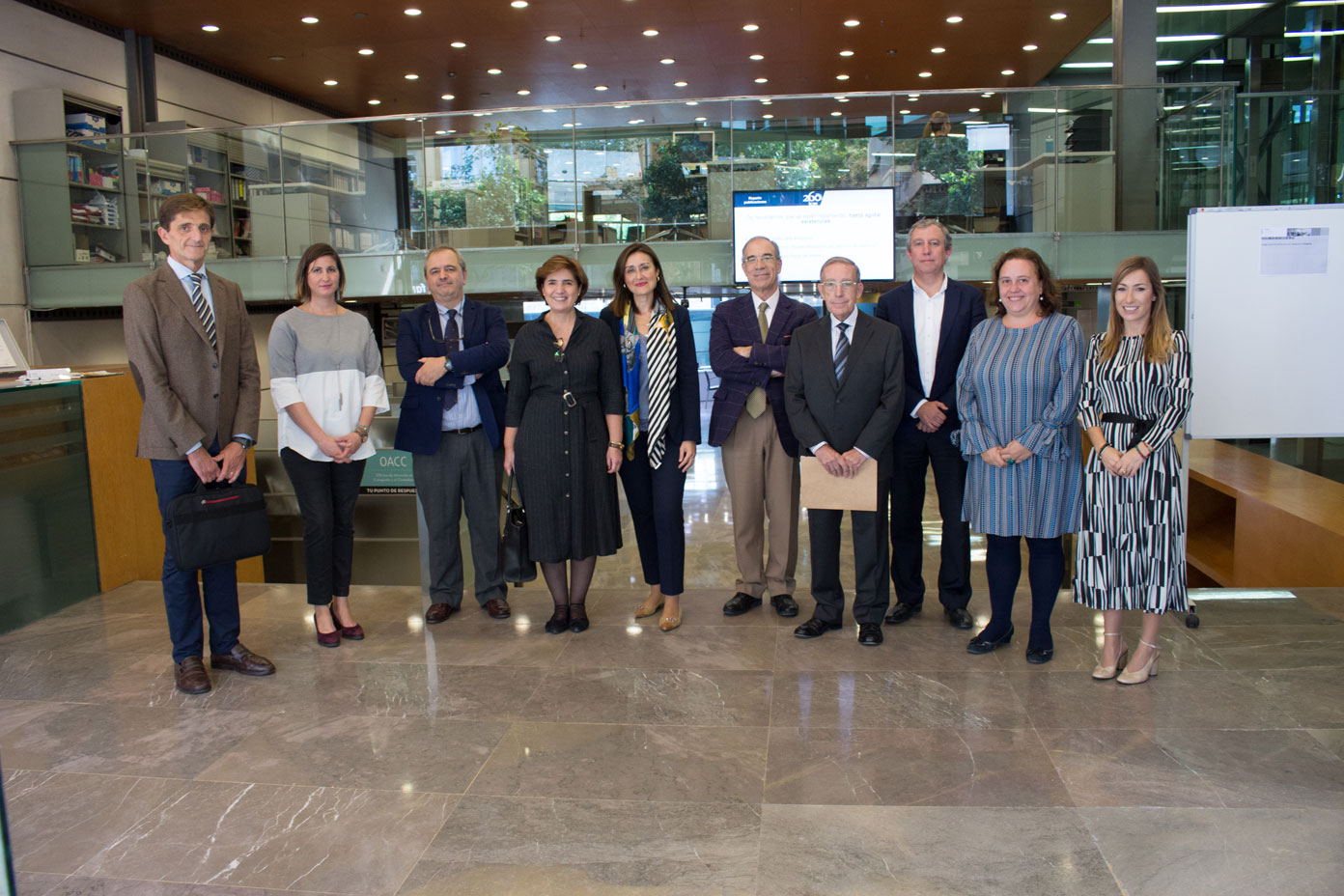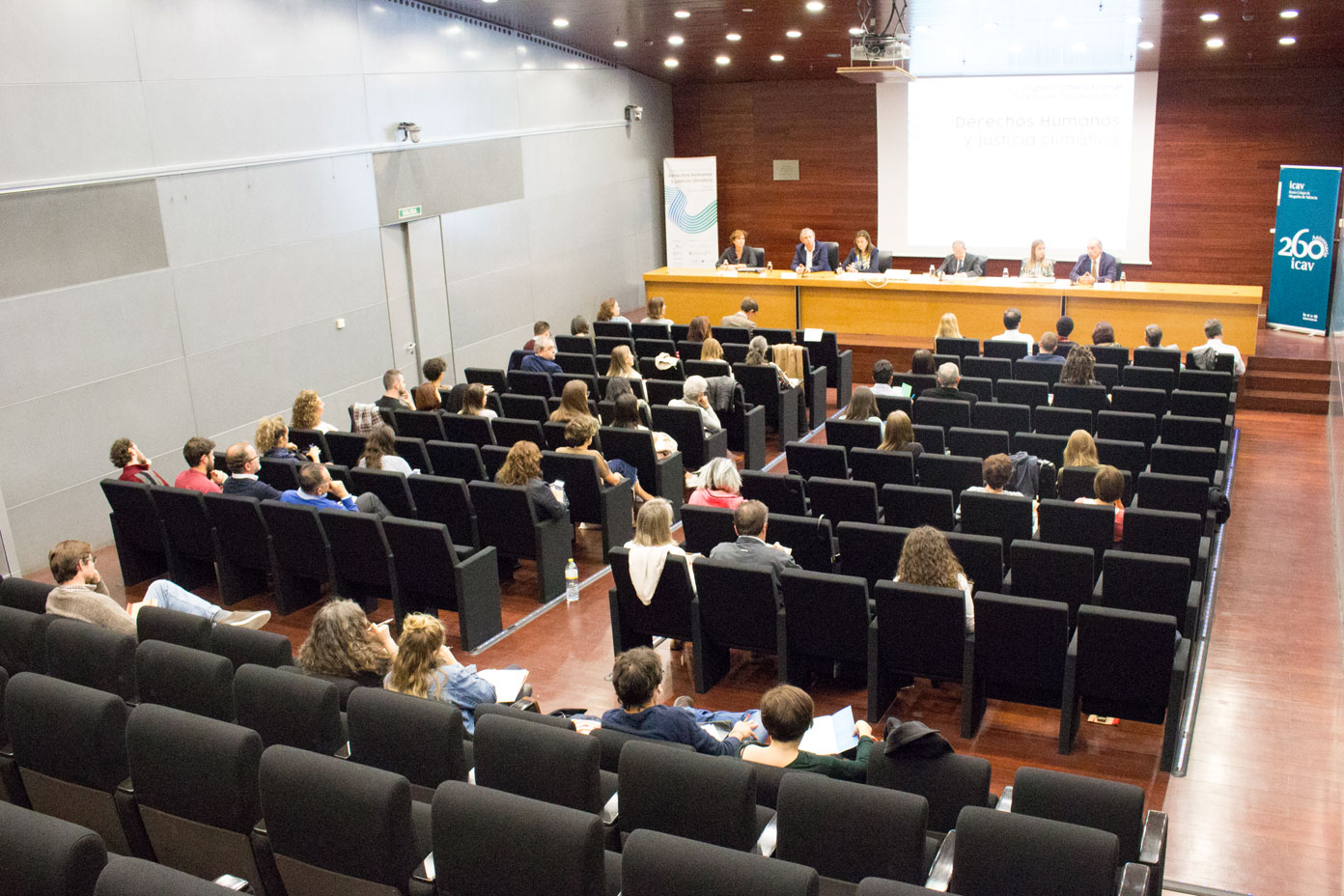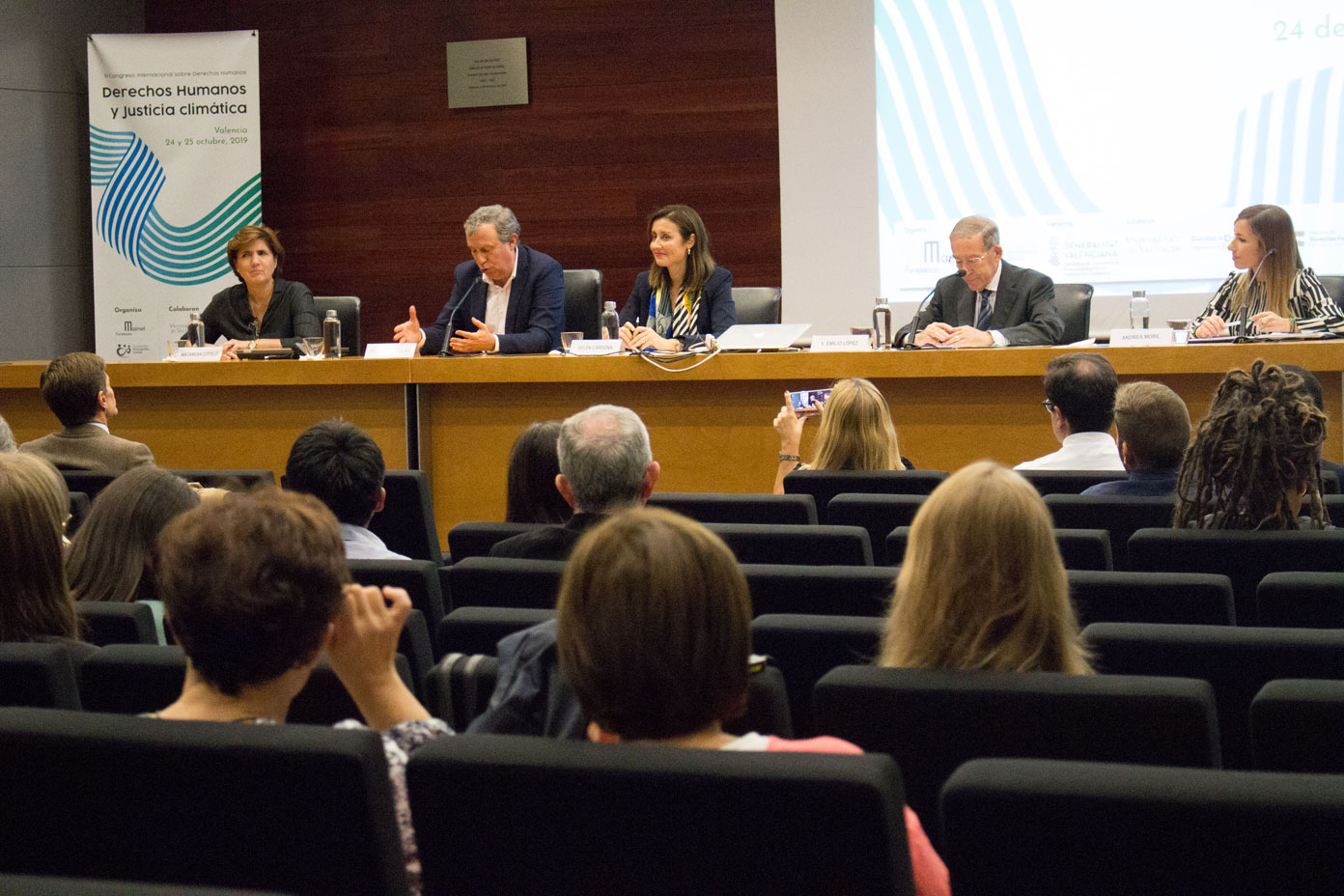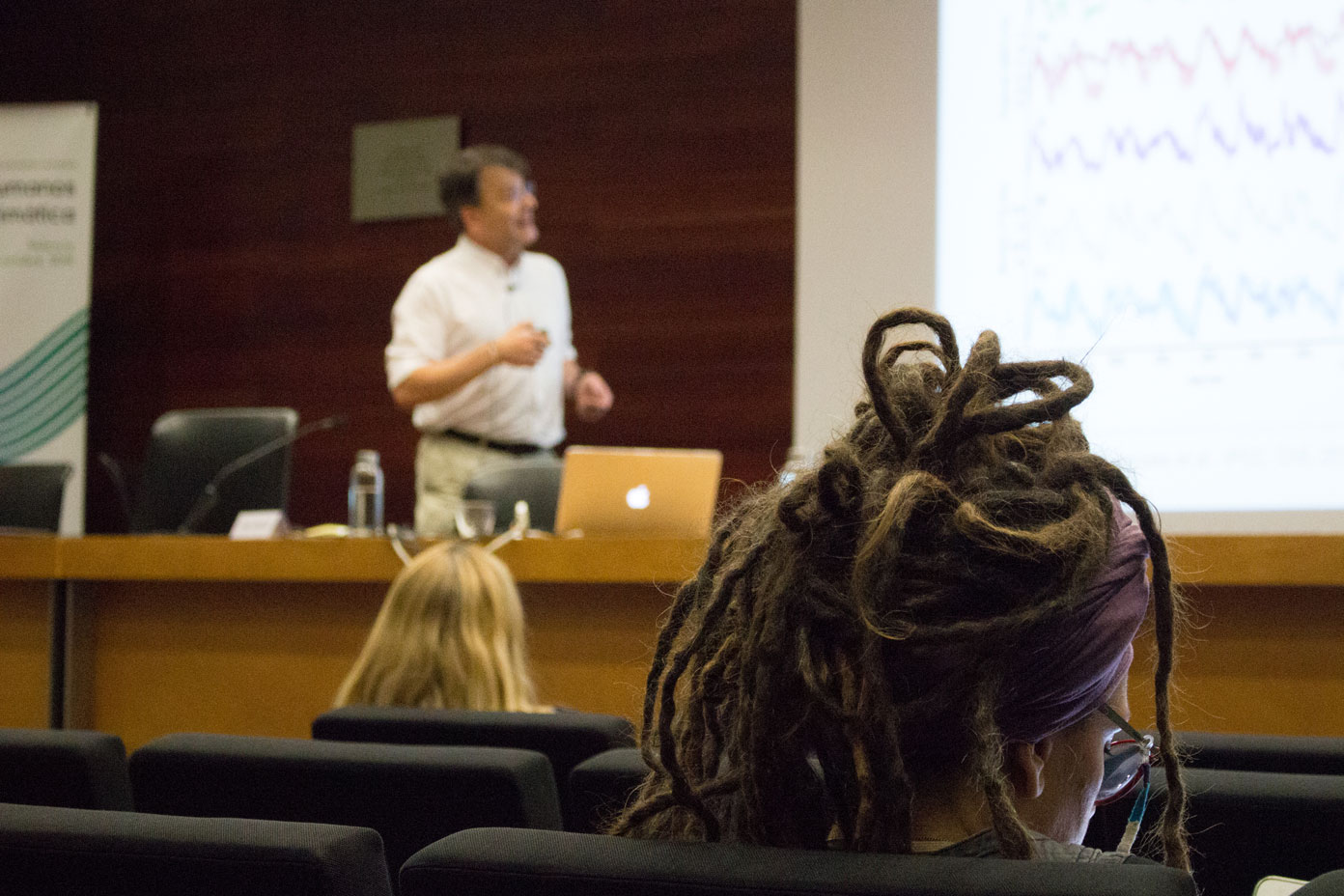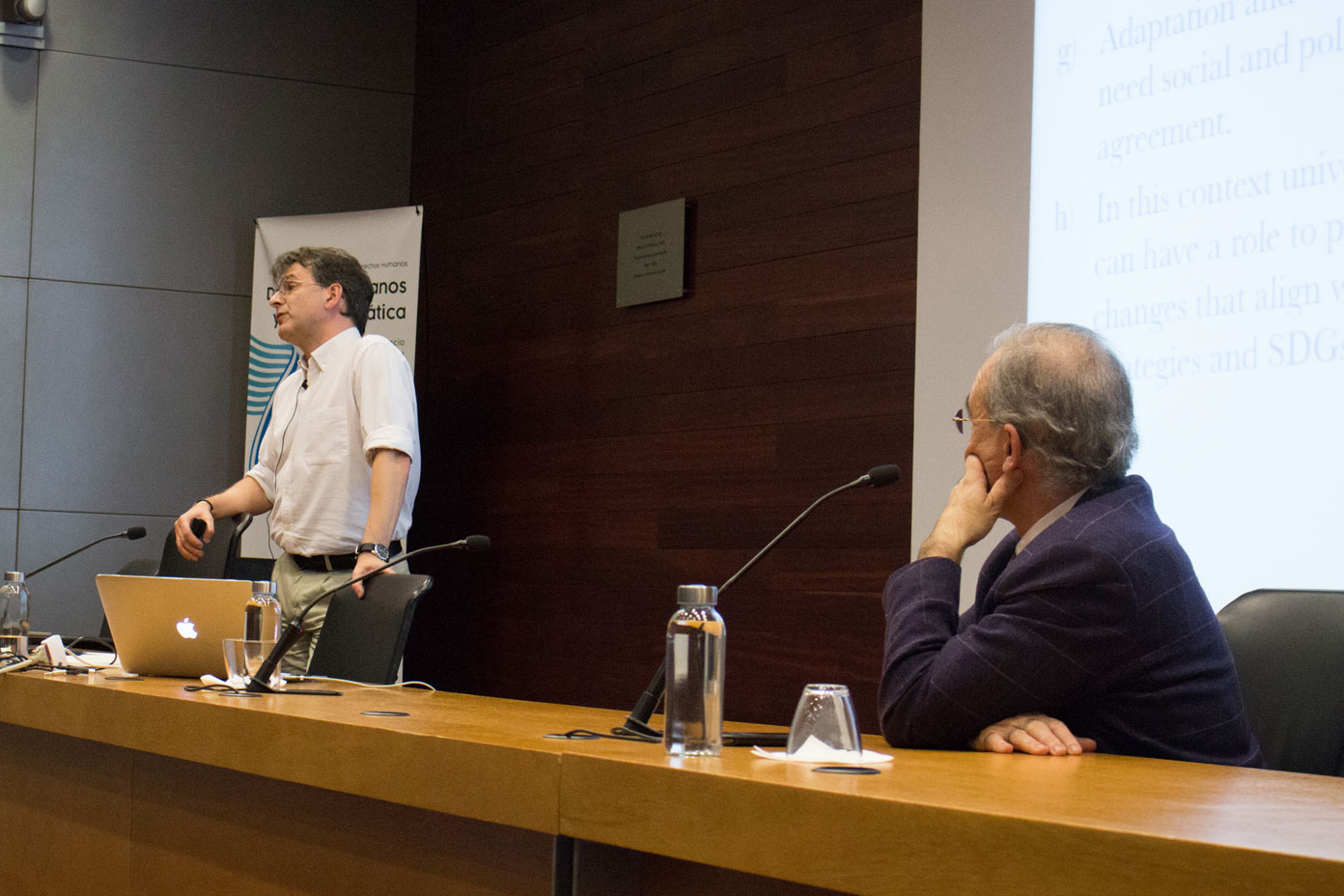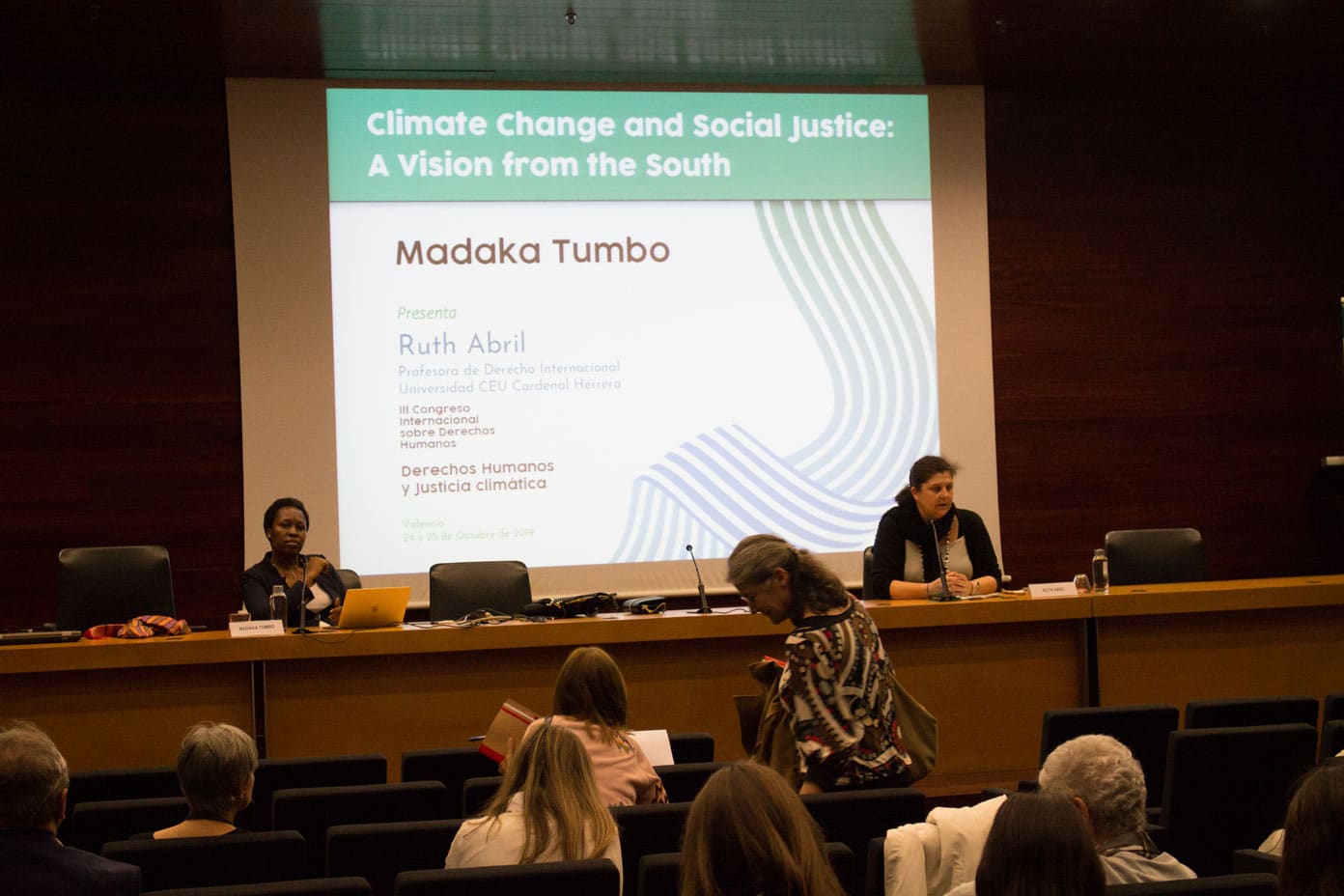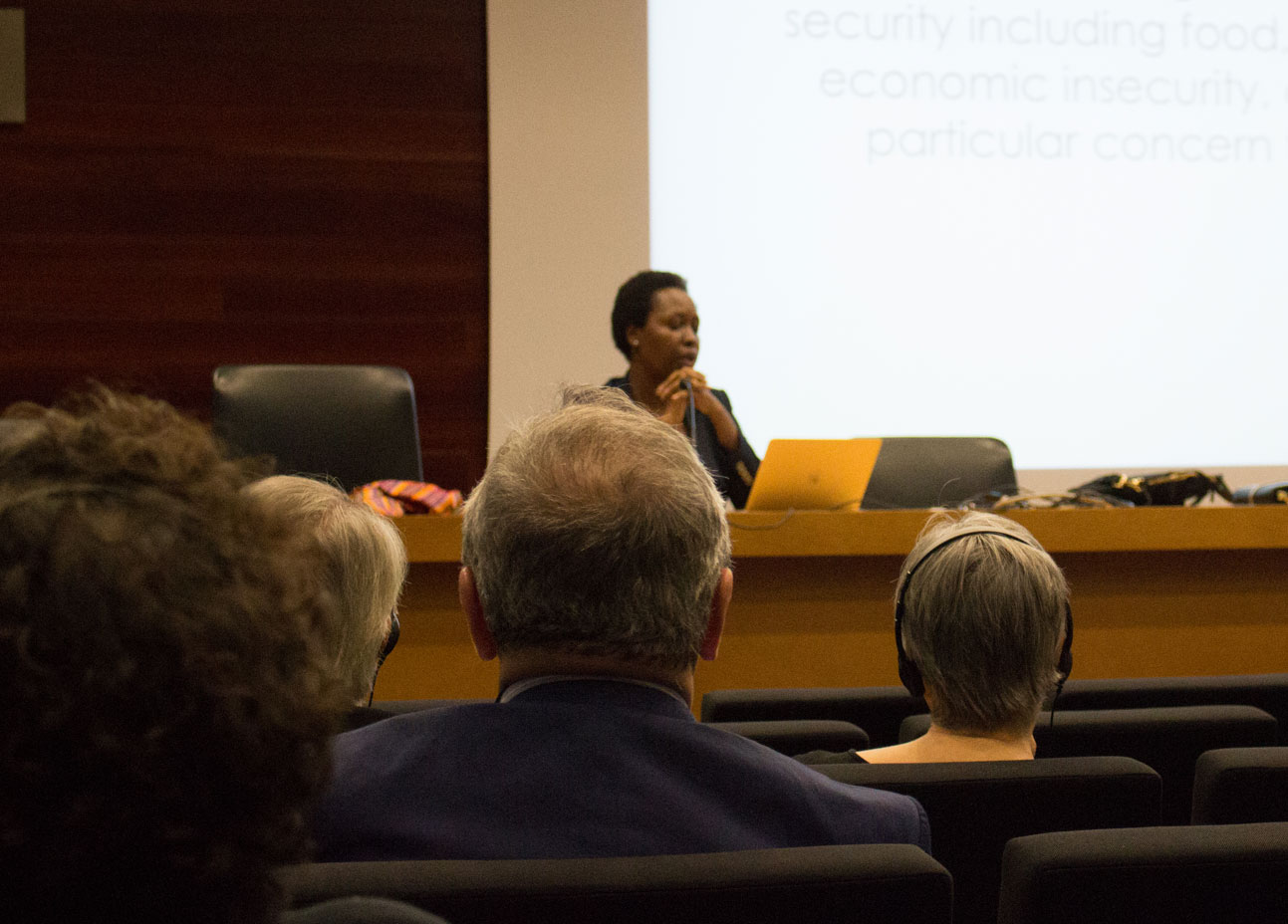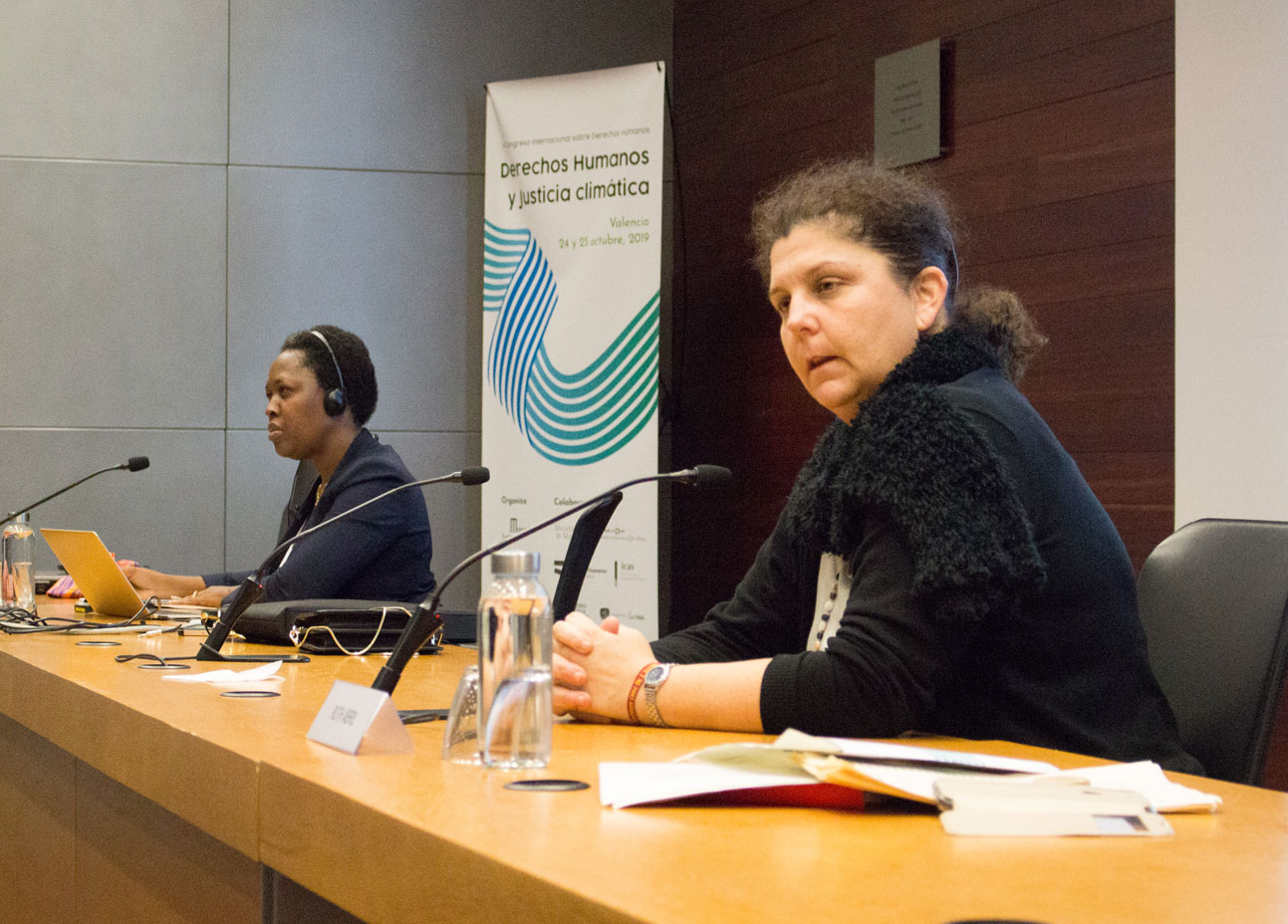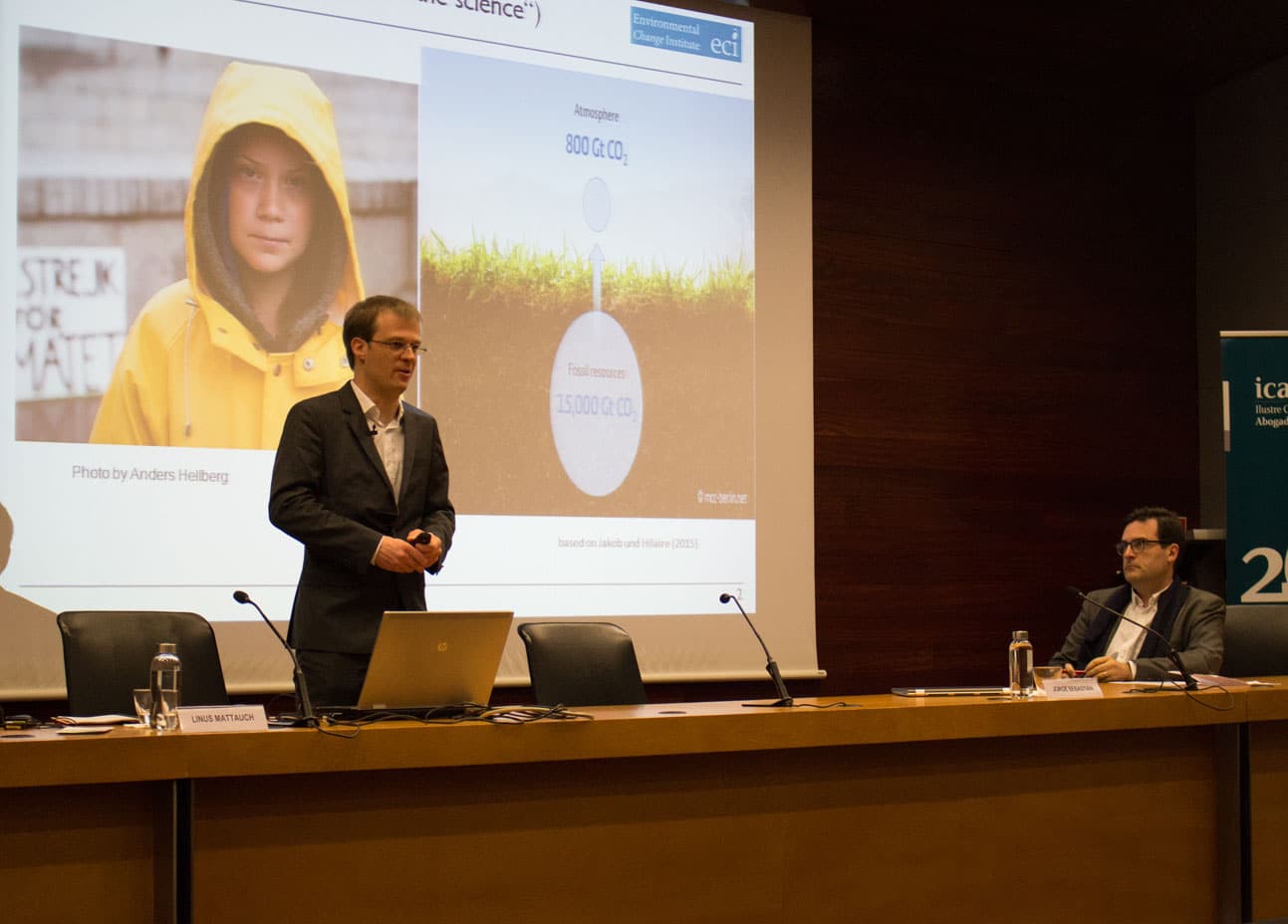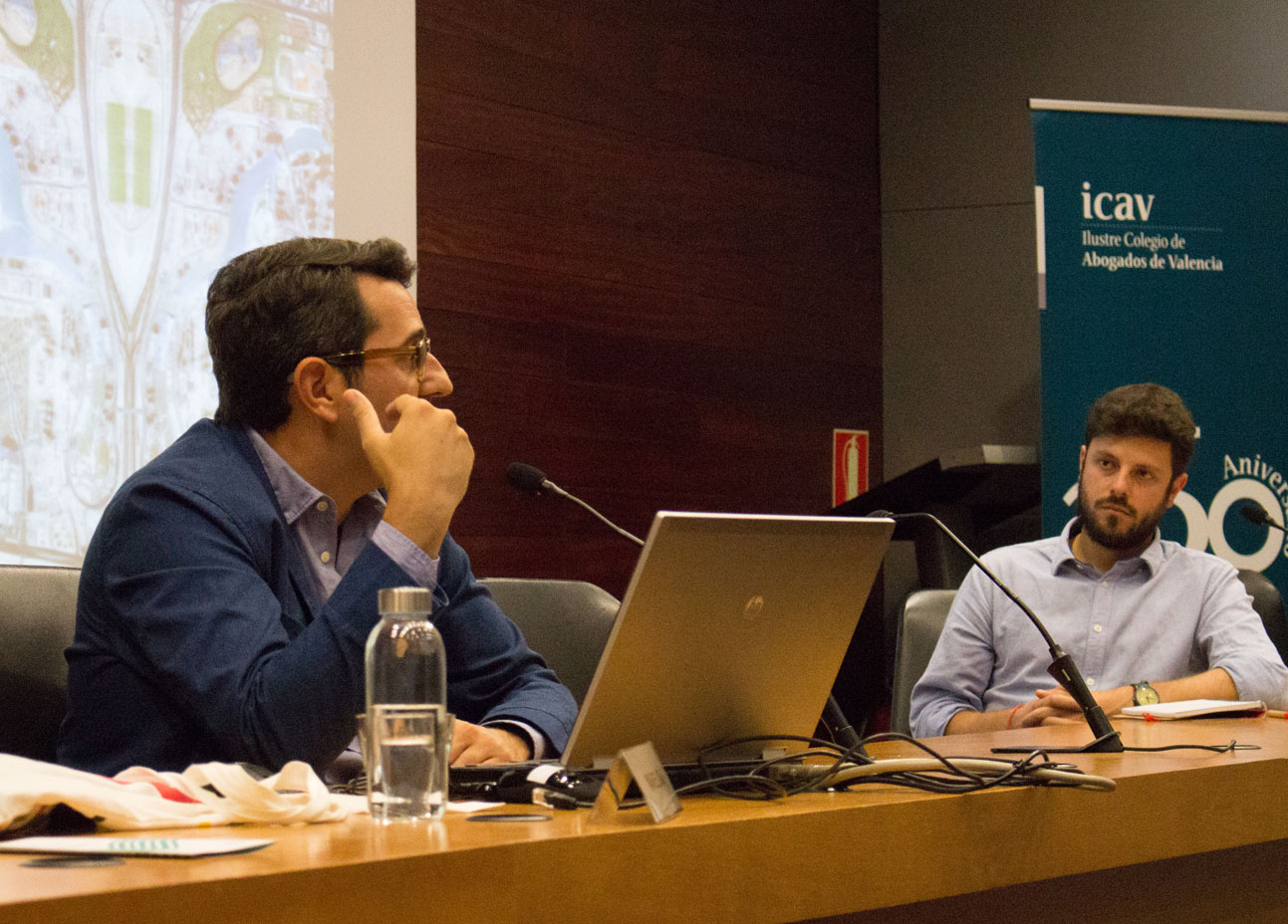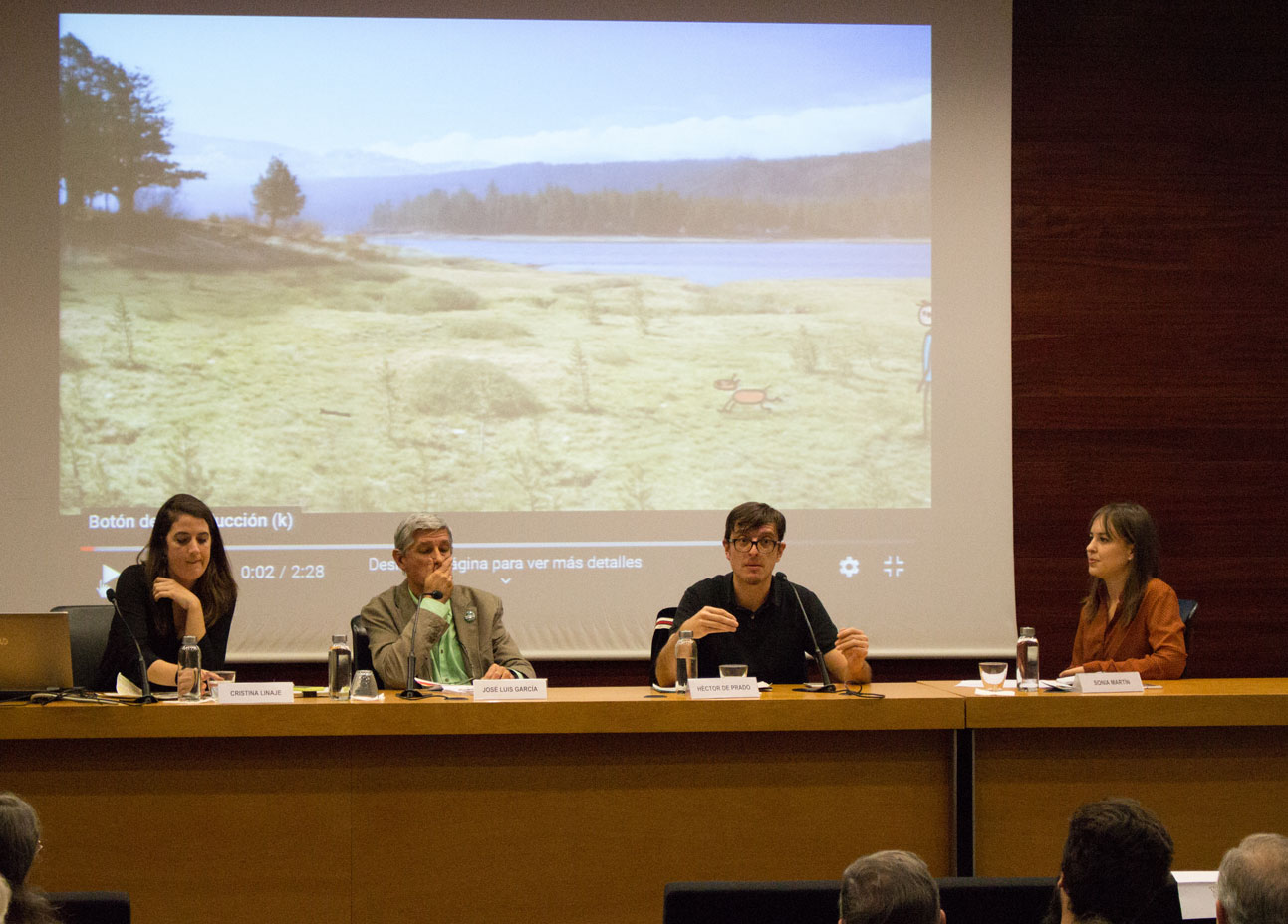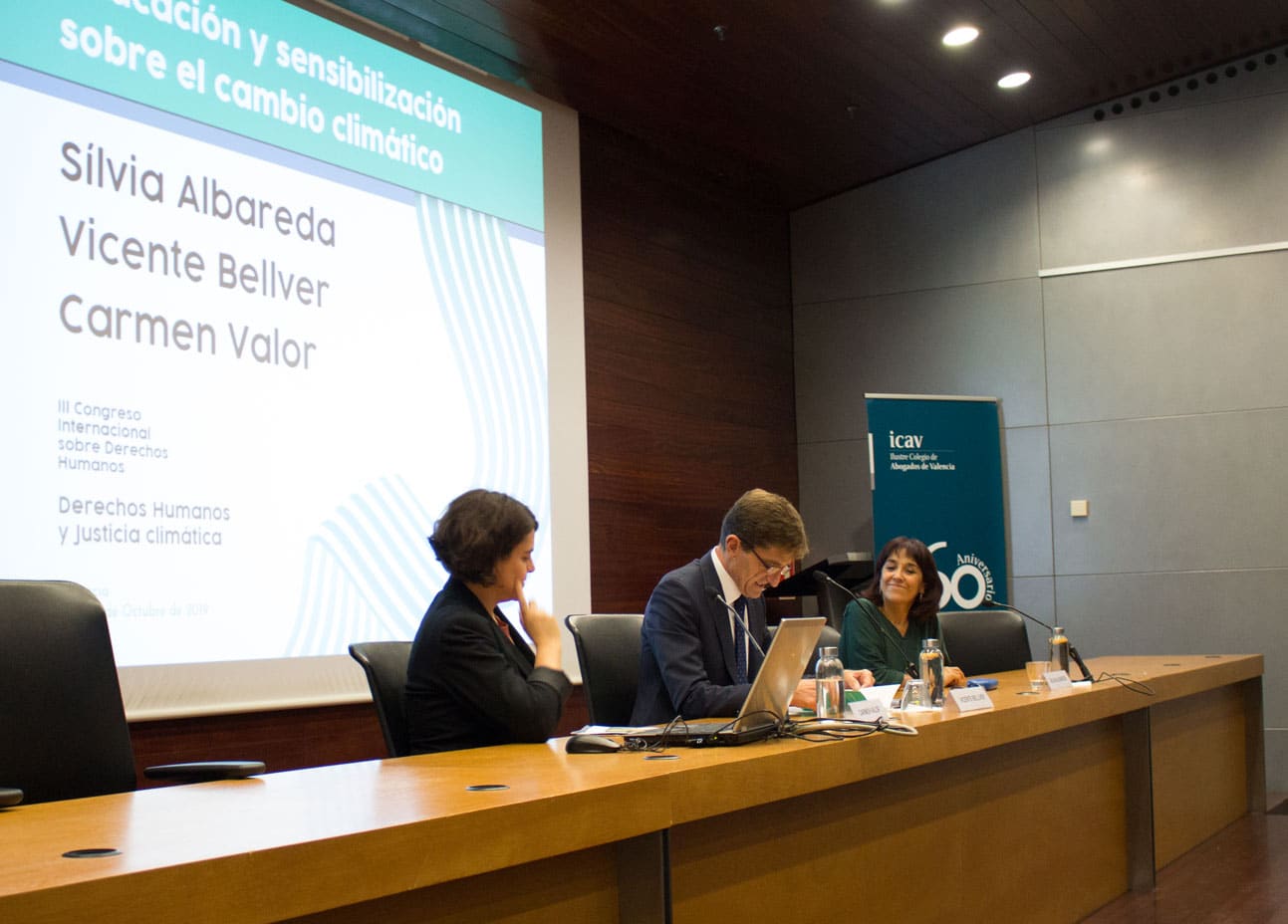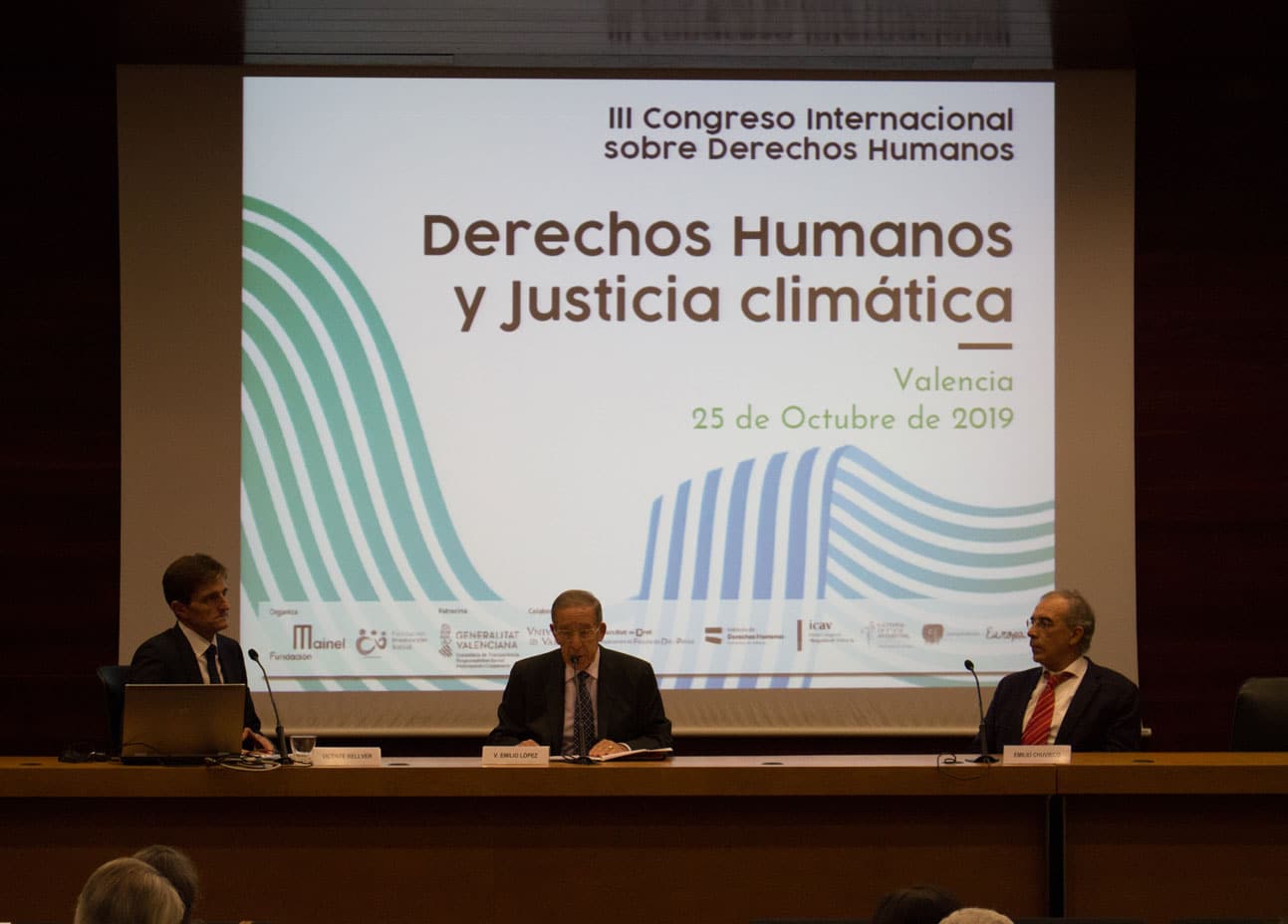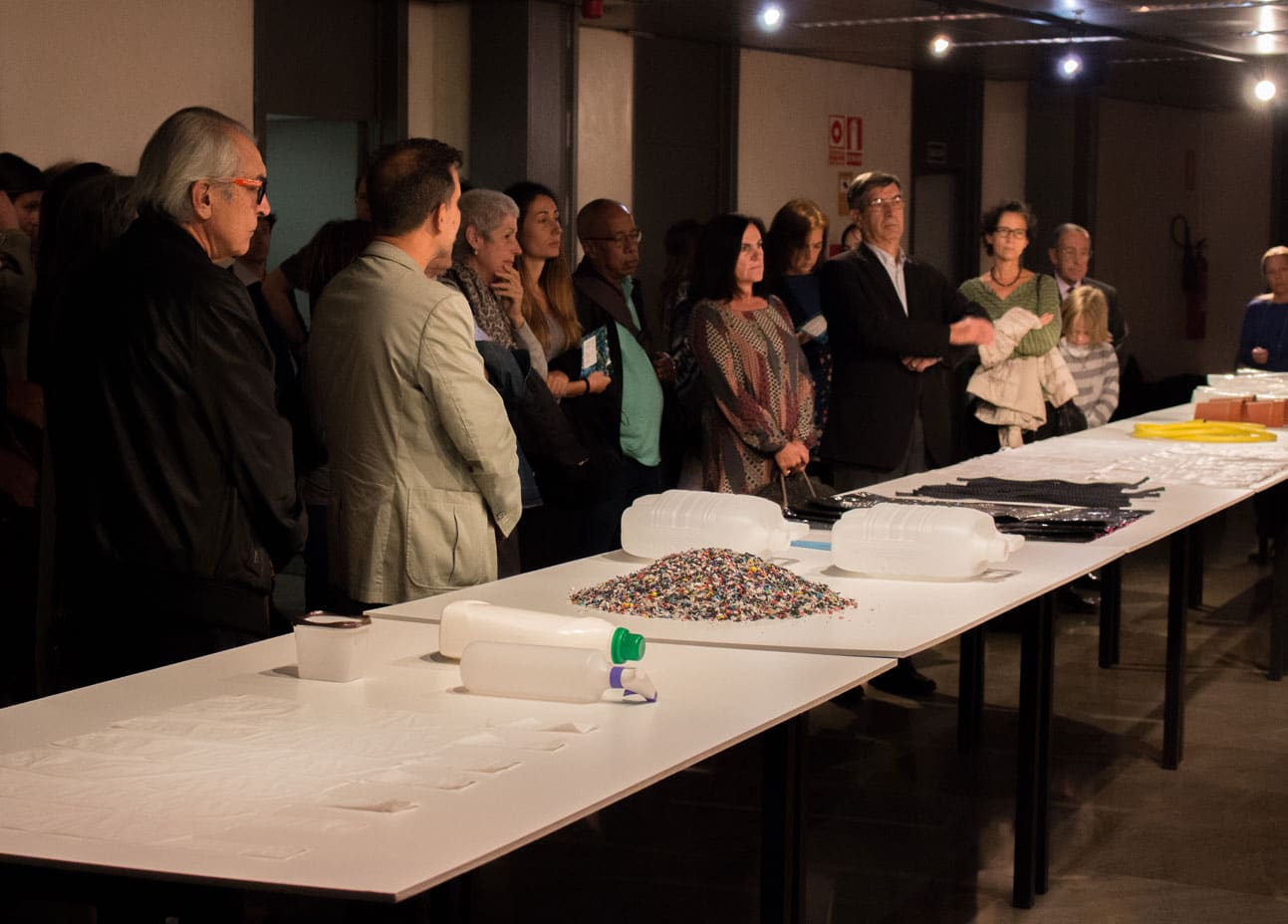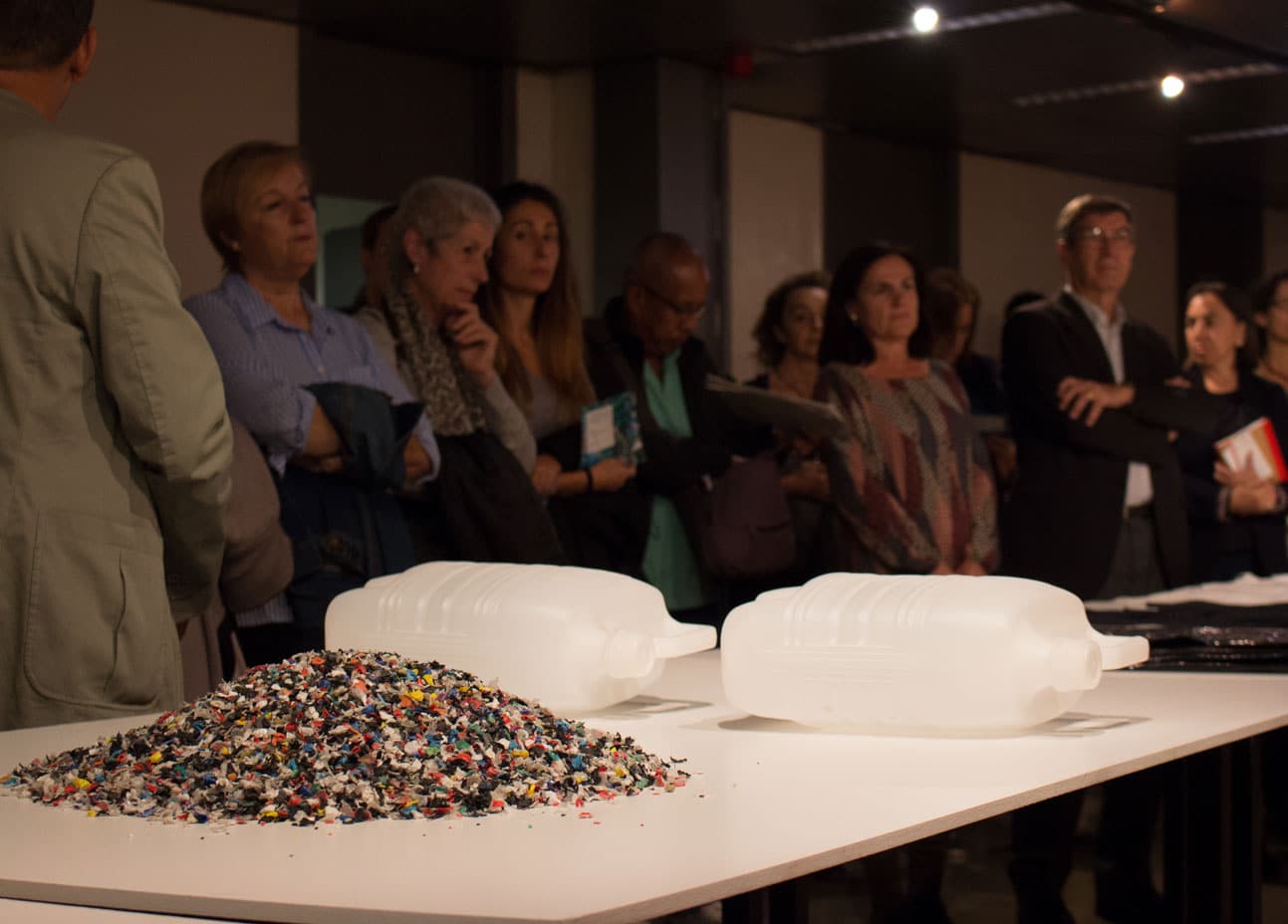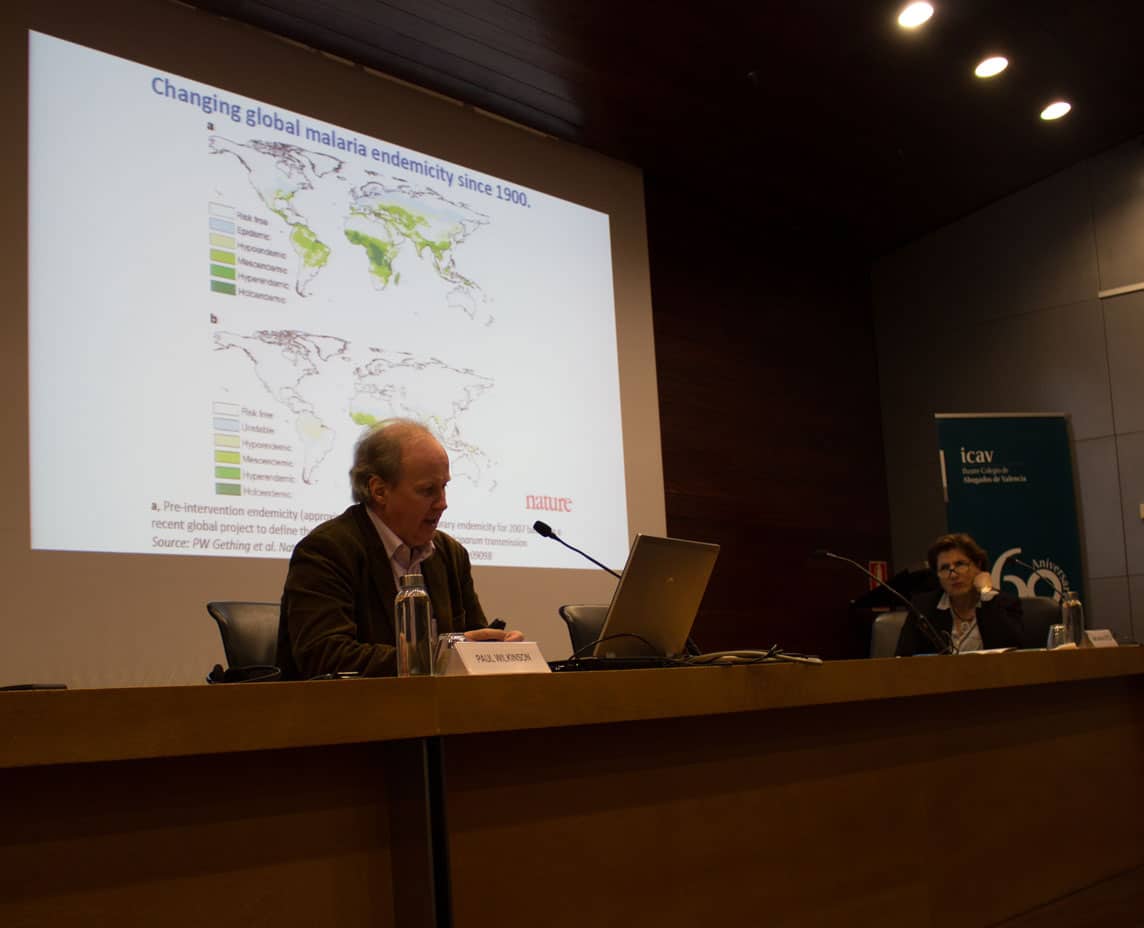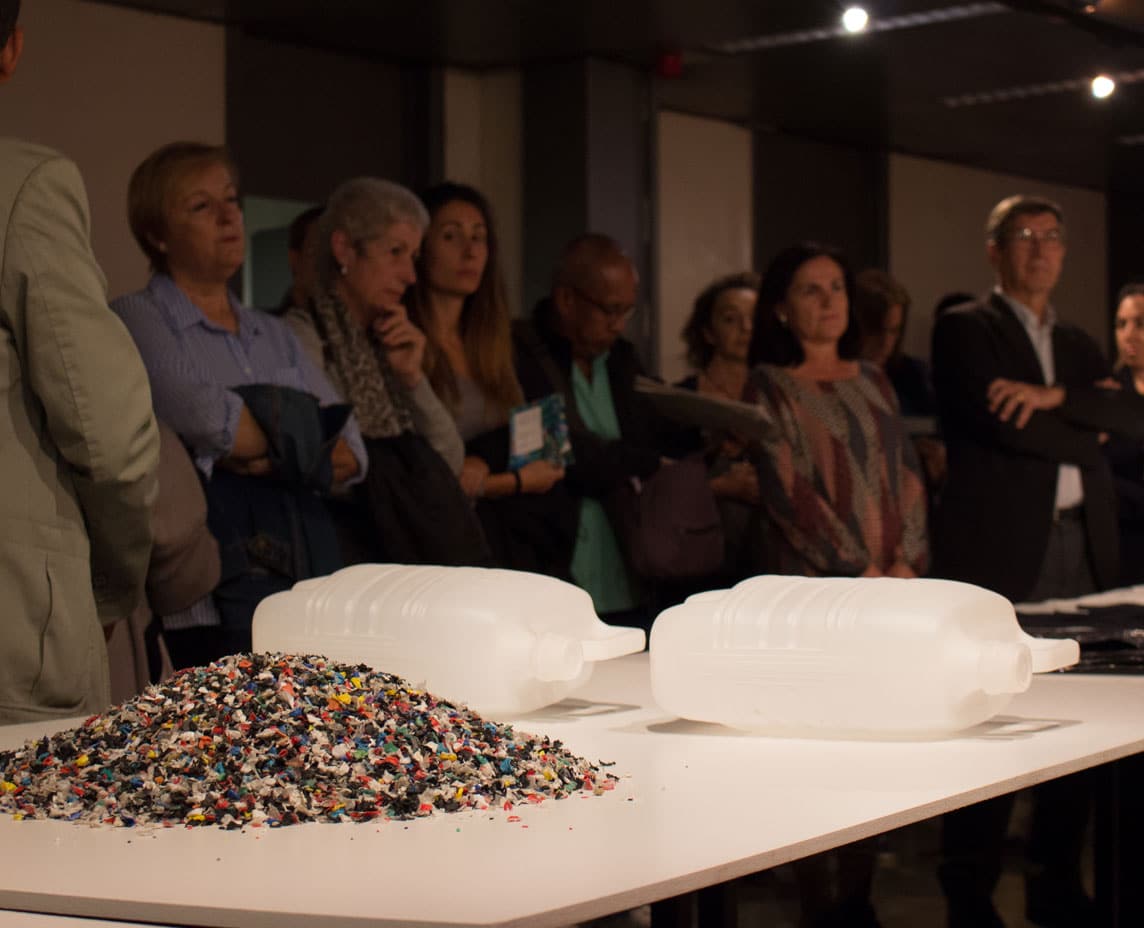The Mainel and Social Promotion Foundations organized on October 24 and 25 the third edition of the International Congress on Human Rights, which took place at the ICAV in Valencia, and which was dedicated in this edition to Climate Justice.
It was based on the idea that climate change is a political and ethical issue, and not a strictly environmental issue.
Climate justice recognizes that the most vulnerable and poor people suffer the most from the repercussions of climate change, although they are precisely those with the least responsibility in the crisis.
The Congress brought together leading international experts to analyze the equity of the impact – often disproportionate – that the climate crisis has for communities in the north and south; and promoted a reflection on the necessary solutions to guarantee social justice, equality and the eradication of poverty in its multiple dimensions.
The opening session, was chaired by the GVA Autonomous Secretary of Cooperation, Belén Cardona and counted with Vicente Emilio López Castell, President of the Mainel Foundation, Andrea Moril, 10th Deputy of ICAV, Francisco Javier Palao Gil, Dean of the Faculty of Law of the University of Valencia and Macarena Cotelo, Project Director of the Social Promotion Foundation.
J. Fidel González Rouco, Professor of Earth Physics, Universidad Complutense de Madrid, addressed in his presentation the issue of the state of the matter and ethical implications of climate change. It was presented by Emilio Chuvieco, Professor of Geography, Universidad de Alcalá.
He proposed a scientific framework to act ethically against climate change. According to him, climate change is the most important challenge that humanity faces currently.
“Learnt lessons in the past will help us in the present and future. It depends on the response we make to climate change, it will influence to a greater or lesser extent essential rights such as the quality of the environment, food or water.”(J.Fidel González Rouco)
Madaka Tumbo, Associate Director and Lecturer at the Institute of Resource Assessment (IRA), University of Dar es Salaam (UDSM), Coordinator of the African Climate Change Fellowship Program (ACCFP), Tanzania, ofreció una Visión desde el Sur relacionando el problema del cambio climático con la justicia social. Fue presentada por Ruth Abril, Profesora de Derecho Internacional, Universidad CEU Cardenal Herrera.
She referred to the 2030 Agenda and the impacts of climate change on agriculture, health, water, but also stressed that this impact affects, not only women, but also men, young people and people with disabilities.
“There are great inequalities, on the one hand, in the responsibility of the emission of gases that produce a greenhouse effect, on the other, among those who are affected to a greater extent and are more vulnerable.” (Madaka Tumbo)
Linus Mattauch, Environmental Change Institute and Institute for New Economic Thinking of the Oxford Martin School, School of Geography and the Environment, University of Oxford, Germany, made a presentation on climate and economic change offering clues about what is needed and what is possible. It was presented by Jorge Sebastián of the Mainel Foundation.
He blamed the failure of an optimal climate policy due to different “complications”, for example internationally, the great differences between North and South.
“Citizens distrust that the fact that the authorities tax coal reduces climate change, they are suspicious that this taxation could harm the poorest and they distrust that they make good use of the proceeds.” (Linus Mattauch)
The issue of climate change policy was addressed in his presentation by political scientist Manuel Arias Maldonado, Professor of Political Science, University of Malaga, and was presented by the journalist Simone Firmani.
He wondered what the Policy could do to mitigate climate change today.
He talked about climate change and the uncertainty it causes in humanity, in addition to the moral corruption it generates. According to him, an intergenerational justice criteria is necessary, but any climate policy requires international coordination.
“Digitalization and populism (in the sense of popular will) are factors that shape our democracies, the political context of climate action, in order to combat the climate crisis; a sacrificial model is not enough, I rely more on the promotion of modernity, what we can call ecomodernism.” (Manuel Arias Maldonado)
The congress offered a table on the role of NGOs in mitigating the impacts of climate change, which was attended by José Luis García, Greenpeace, Cristina Linaje, Cáritas, and Héctor de Prado, Friends of the Earth. The table was moderated by Sonia Martín of the Mainel Foundation.
Macarena Cotelo, Project Director of the Social Promotion Foundation presented the following expert, Paul Wilkinson, The London School of Hygiene & Tropical Medicine, United Kingdom, who made a presentation on the impact of climate change on human health.
He referred not only to the direct effects of climate change on Health but also to the effects of implementing measures to mitigate the effects of climate change, which are beneficial.
The importance of education and awareness on climate change was addressed in a table in which Silvia Albareda, Director of Sustainability, International University of Catalonia, Vicente Bellver, Professor of Law Philosophy and Political Philosophy participated. Universitat de València and Carmen Valor, Coordinator of the Research Group on Business, Economy and Sustainability (ESOST), Comillas Pontifical University.
After the closing of the congress, the inauguration of the exhibition ‘Ecodistopías’ by the artist Hugo Martínez-Tormo took place, in the room of the Wall of the ICAV, with the objective that the spectators become aware of the magnitude of pollution in the seas and the need to take urgent measures to reverse the current environmental problem.






